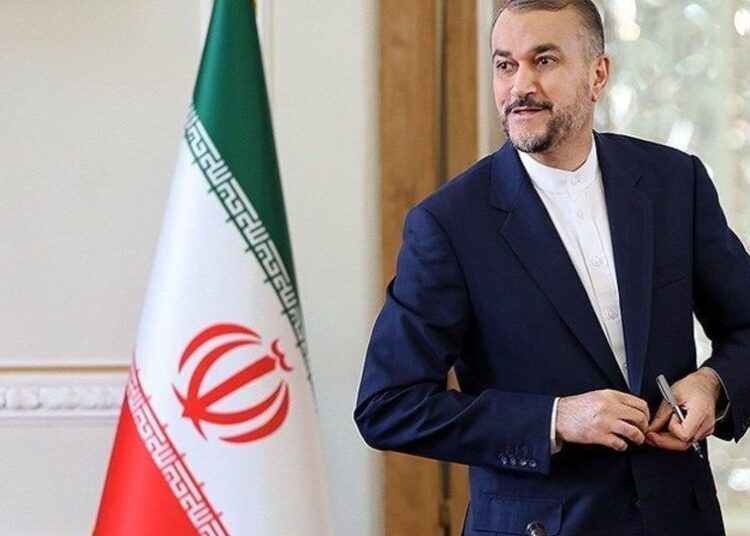The imminent visit of Iran’s foreign minister to Saudi Arabia and his meetings with senior Saudi officials indicate new and significant dimensions in the upcoming talks.
As the Iranian diplomatic delegation led by foreign minister Hossein Amirabdollahian prepares to visit Riyadh, all eyes are on the Saudi capital. Iran Nuances learned that the Iranian foreign minister will meet his Saudi counterpart, as well as to hold talks with the high-level officials of Saudi Arabia, most likely the Crown Prince Mohammed bin Salman.
The high-level meetings between the Iranian and Saudi officials reflect a strong political will from both sides to enhance and improve their bilateral relations, which could also influence their positions on regional and international issues, a source told Iran Nuances on the condition of anonymity. The Saudi foreign minister Faisal bin Farhan had previously met with the Iranian president and foreign minister during his visit to Iran on June 17.
The western parties, especially the United States and its ally Israel, are expected to closely monitor the meetings of the Iranian foreign minister with the Saudi leaders. They are concerned that the development of Tehran-Riyadh relations could undermine their interests in the region and empower new trends in the region.
It is probable that the US officials will contact Riyadh after this trip to inquire about the details of the meetings with the Iranian officials and continue to pressure the Saudi side to limit their relations with Iran. The visit of CIA Director William Burns to Saudi Arabia after Iran and Saudi Arabia agreed to resume diplomatic relations was a clear sign of the White House’s dissatisfaction with this development. The frequent secret and public trips of Jake Sullivan, the US National Security Advisor, to Saudi Arabia are also noteworthy.
In the new phase of Iran-Saudi relations, the first meeting of the foreign ministers of the two countries took place on April 6 in Beijing. In that meeting, which was attended by the current Chinese foreign minister, the foreign ministers of Iran and Saudi Arabia issued a joint statement emphasizing the expansion of relations and cooperation between them.
The second meeting occurred in June in Cape Town on the sidelines of the BRICS Friends Summit in South Africa. In that meeting, Iran’s foreign minister also mentioned BRICS as a new opportunity for multilateral cooperation between Iran and Saudi Arabia and other members of this group, especially in economic and commercial fields.
The decision of Tehran and Riyadh to resume relations was welcomed by different countries. Many countries in the region expressed their support for the de-escalation between Tehran and Riyadh, while this development was met with a cold reaction from the United States and expressions of concern by the Israeli authorities.
In recent months, the western-Israeli media and analysts have focused on highlighting the conflicts and historical differences between Iran and Saudi Arabia, and have launched extensive propaganda campaigns to undermine the prospects of improving relations between Iran and Saudi Arabia. However, it seems that Amirabdollahian’s trip to Riyadh and his meetings with senior Saudi officials are not good news for Washington and Tel Aviv.






